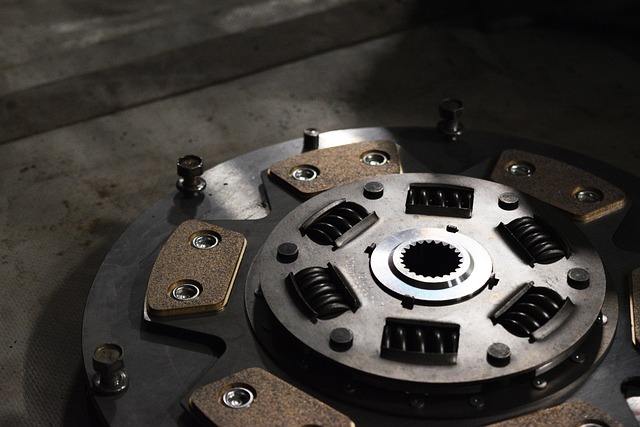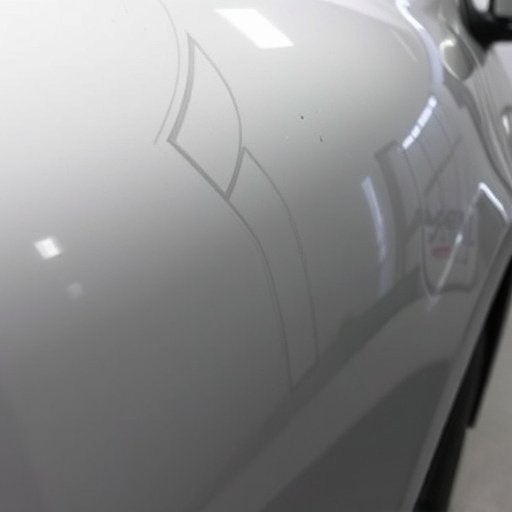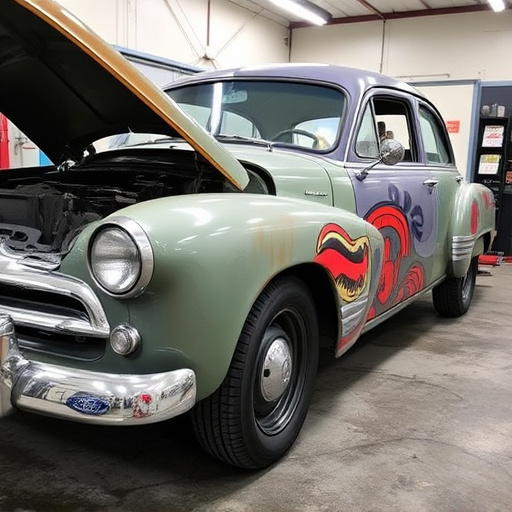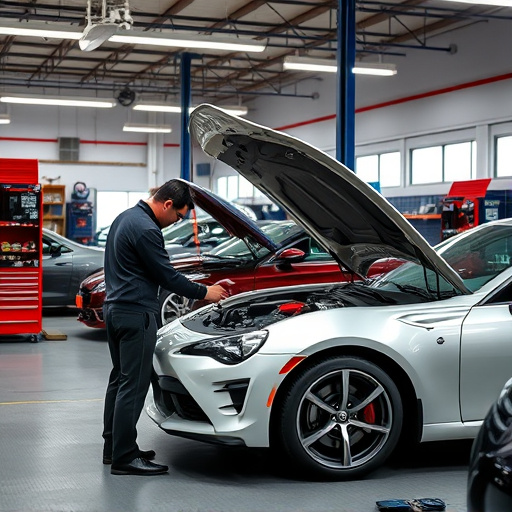Repair progress tracking is vital for automotive services, offering transparency and client satisfaction through key metrics like completion percentages and time estimates. Accurate completion time predictions are challenging but crucial, relying on damage complexity, part availability, and technician skill. Realistic timelines enhance efficiency in car bodywork, especially for premium brands, by optimizing resource allocation and managing delays, ensuring precise communication with clients.
“Repair progress tracking is a vital process for managing and optimizing maintenance projects. This article explores the intricate world of tracking metrics, delving into how they indicate project health and inform decision-making. We dissect the complexities of estimating completion times, highlighting challenges and influencing factors.
Additionally, we uncover strategies for setting realistic timelines, emphasizing their role in successful project optimization. By understanding these concepts, professionals can enhance efficiency, reduce delays, and ensure timely repairs.”
- Understanding Repair Progress Tracking Metrics
- Estimating Completion Times: Challenges and Factors
- Optimizing Projects with Realistic Timelines
Understanding Repair Progress Tracking Metrics
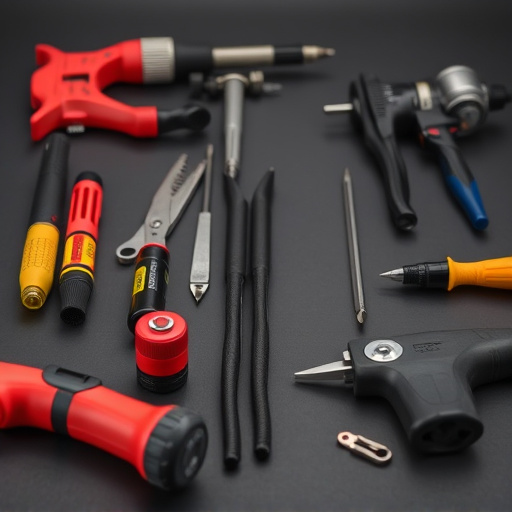
Repair progress tracking metrics are vital for any automotive repair, car paint repair, or automotive restoration service. These metrics provide a clear picture of where a project stands and help in managing expectations effectively. Key metrics include completion percentages, time elapsed versus estimated time, and quality checks at various stages. By monitoring these indicators, businesses can ensure that repairs are on track and meet the expected standards.
Understanding these metrics allows for proactive decision-making. For instance, if a repair is taking longer than estimated, it could indicate resource constraints or complex issues that require additional attention. Conversely, early completion might suggest efficient workflows and skilled technicians. This information is crucial for optimizing processes, resourcing projects, and ultimately delivering high-quality automotive repair services to clients.
Estimating Completion Times: Challenges and Factors
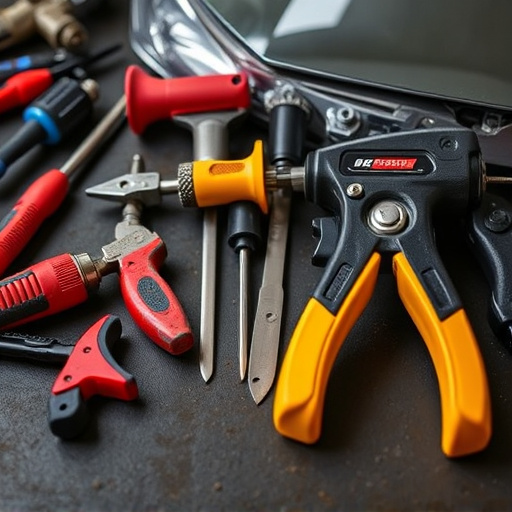
Estimating completion times for repairs is a critical aspect of effective repair progress tracking. However, it presents several challenges. Accurate estimates depend on various factors specific to each vehicle body repair or car bodywork services project. These include the complexity of the damage, availability of replacement parts, and skill level of technicians involved. The initial assessment often involves detailed inspection, diagnostic testing, and careful planning, which can be time-consuming.
Furthermore, unforeseen issues such as hidden damage or part unavailability during the repair process can significantly impact timelines. Therefore, reliable estimates require a thorough understanding of both the technical aspects of vehicle bodywork services and the potential variables that could affect progress. This is where advanced tracking systems come into play, helping to manage expectations and ensure transparency throughout the repair journey.
Optimizing Projects with Realistic Timelines
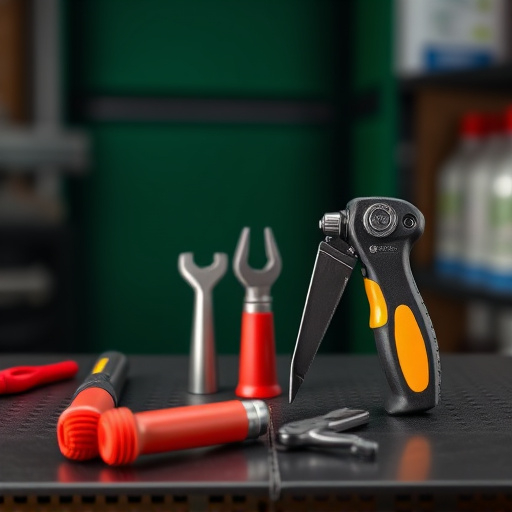
In the realm of repair progress tracking, one of the key factors that significantly impact project optimization is the establishment of realistic timelines. This involves a meticulous assessment of each repair task, factoring in potential complexities and dependencies to arrive at an accurate estimated completion time. By embracing this approach, car bodywork services, such as those catering to prestigious brands like Mercedes-Benz repairs, can enhance their efficiency and client satisfaction.
Realistic timelines are not merely about setting deadlines; they empower teams to plan resources effectively, allocate time for quality control, and proactively manage potential delays. For instance, when dealing with intricate car dent repair tasks, a well-thought-out timeline ensures that each step is given the required attention, from initial assessment to final refinishing. This meticulous planning not only optimizes projects but also allows for more precise communication with clients regarding expected turnaround times.
Repair progress tracking is a vital tool for optimizing project timelines and ensuring successful outcomes. By understanding key metrics and accurately estimating completion times, teams can navigate challenges and deliver projects efficiently. Incorporating realistic timelines not only enhances communication but also fosters better resource allocation, ultimately leading to improved repair progress tracking and client satisfaction.




